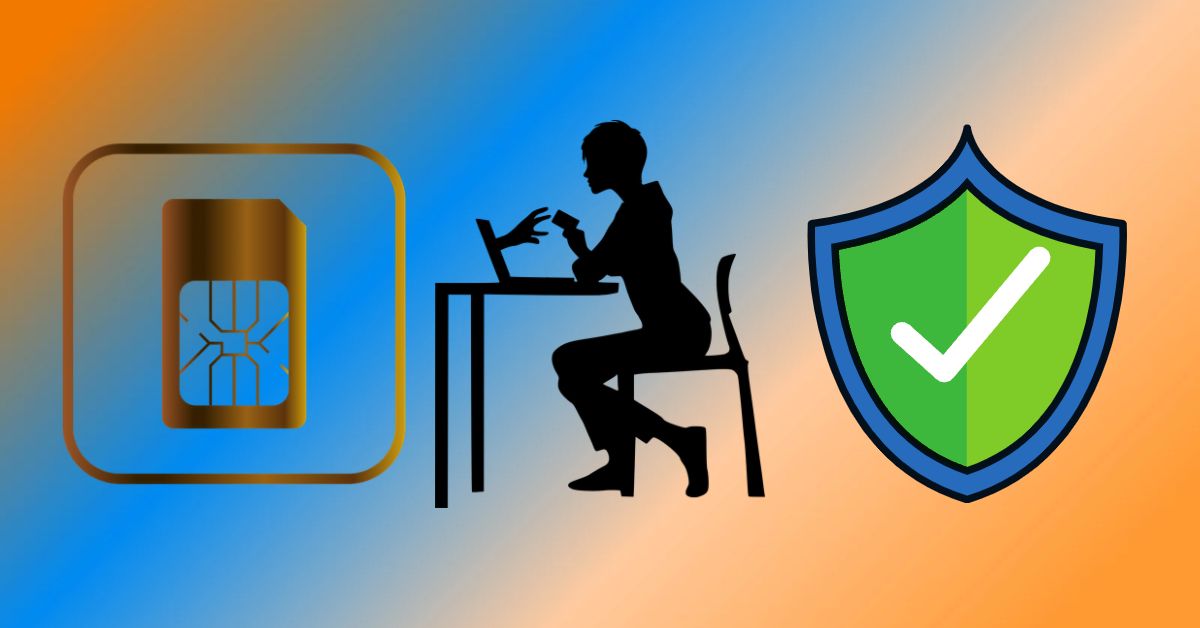It is confirmed that the DICT’s Project: SIM Check Mo is real. Based on initial reports, Project; SIM Check Mo is aimed at fighting cybercrime by providing a messaging service that will enable anyone to confirm the SIM Card Registration of a number, as well as the initials of the registrant.
I reached out to the Department of Information and Communications Technology (DICT) and the Cybercrime Investigation and Coordinating Center (CICC) to ask the following based on news circulating the interwebs about this project:
- Is the DICT invoking Section 12 of the SIM Card Registration Law Implementing Rules & Regulations (IRR), which states that: “PTEs shall be required to provide information obtained in the registration process only upon the issuance of a subpoena by a competent authority pursuant to an investigation based on a sworn written complaint that a specific mobile number, was or is being used in the commission of a crime or that it was utilized as a means to commit a malicious, fraudulent or unlawful act, and that the complaint is unable to ascertain the identity of the perpetrator.”
- When we say “the sender will then receive the status of the SIM, which will indicate whether it is already registered or not, the initials of the SIM owner, and a remark on whether it has a good or derogatory record” — what will be the format of the “initials” of the SIM owner? Will it be something like “RR” for my name or is it something similar to how mobile wallet apps are currently implemented?
- What is/are the basis for a mobile number to be determined as of good or derogatory record?
The following day, I received this email reply from Undersecretary Alexander Ramos, who currently heads the CICC:
Dear Robert, In as much as I would want to discuss the proposed activity, the details are not formally in place. We are in the process of consultation with the different stakeholders. This was one of several proposals submitted to CICC for review and find out its feasibility. Rest assure I can provide feedback once we have completed public consultations. Thank you for your utmost support. Alexander Ramos Executive Director
I’m currently awaiting a response from Usec. Ramos regarding the schedule for the next public consultation sessions, which I previously inquired about.
Last week, I chanced upon DICT Secretary Ivan John Uy at the sidelines of a tech conference and personally asked him about Project: SIM Check Mo and he was quick to point a finger at Usec. Ramos who was with him — but the gentleman quickly disappeared before I can even have an ambush interview.
I find myself pondering the reasons behind the DICT’s apparent urgency in implementing the SIM Card Registration project, particularly considering the imminent deadline of 25 July 2023. Instead of waiting for the deadline when all unregistered SIM cards will be deactivated, as required by law, why is there a need for such haste, more so having this Project: SIM Check Mo proposed?
Technology Groups Slam DICT’s Project: SIM Check Mo
Various local technology groups and privacy advocates slammed DICT’s proposed Project: SIM Check Mo.
The local arm of the global non-profit Mozilla (makers of the open source Firefox web browser), said in a statement posted on their website: “MozillaPH firmly believes in the fundamental right to privacy, which is crucial for maintaining a safe and secure online environment. Our mission is centered around empowering individuals to protect their privacy and control their data. We strongly urge the DICT to reconsider ‘Project: SIM Check Mo’ and take immediate steps to safeguard the people’s right to privacy.”
MozillaPH also calls on the National Privacy Commission (NPC) to actively enforce the Data Privacy Act of 2012 and ensure that robust measures are in place to prevent any misuse or unauthorized access to sensitive data.
A joint statement was also released by a group led by the Computer Professionals’ Union expressing their concern with the project: “This is a grave threat to people’s privacy. It opens up the people’s private information to scammers and fraudsters who want to verify the ownership of a certain SIM number and criminals who can use this new program to stalk and harass private individuals. The DICT is opening up the people’s personally identifiable information to grave harm and danger.”


